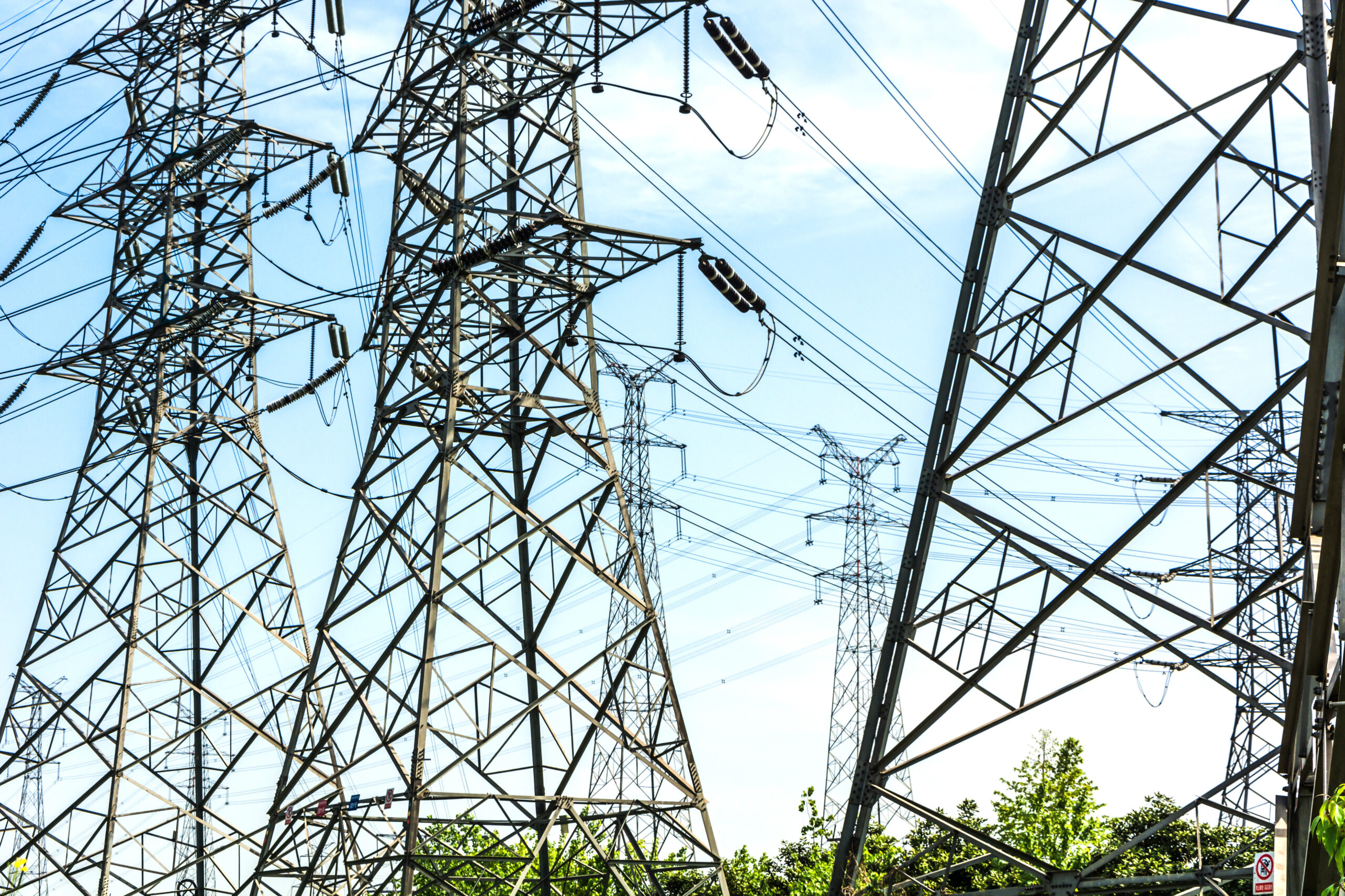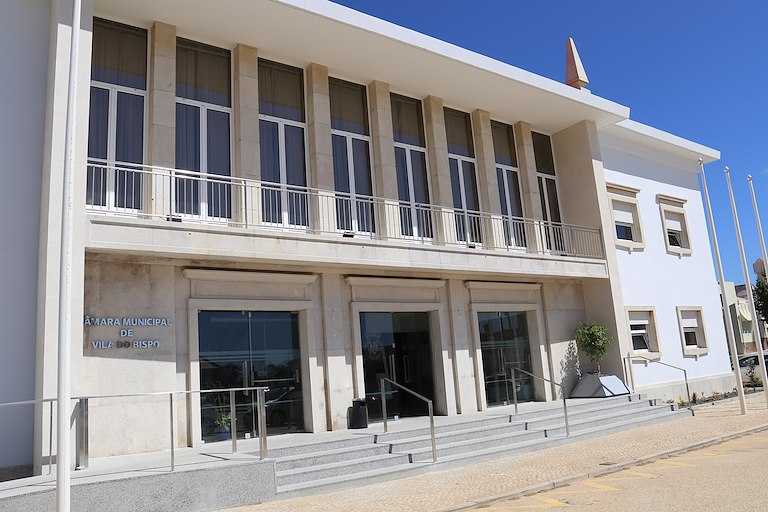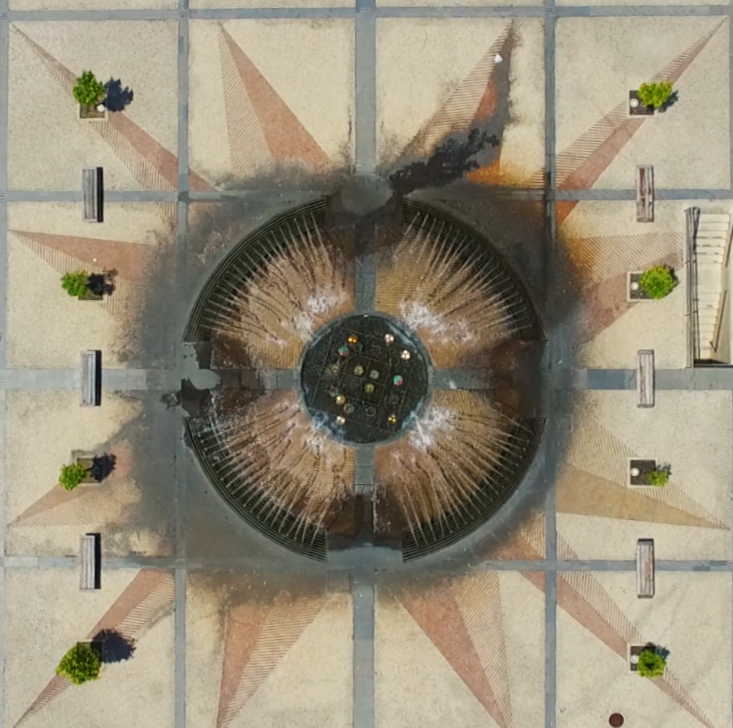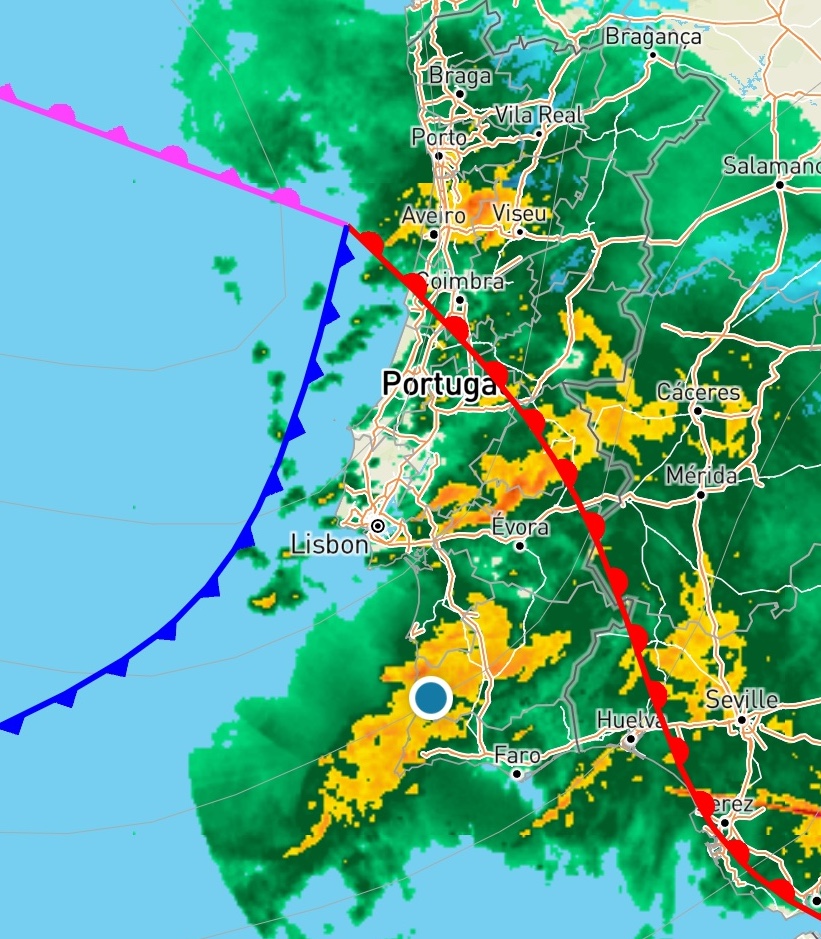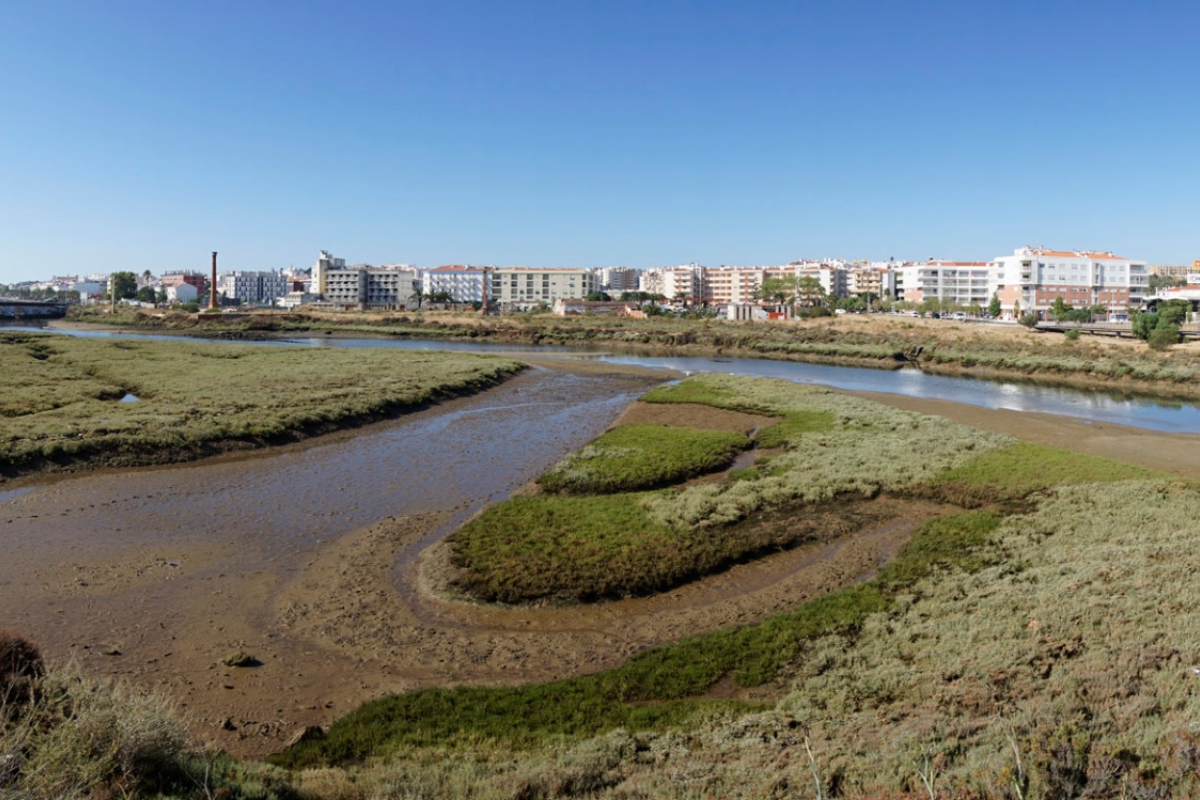Electricity began to be restored in some parts of the Algarve at approximately 20:45 on Monday, following over nine hours of blackout that affected Portugal from north to south, as well as several other European countries.
The blackout had left many residents and tourists without electricity, phone signal, and in some instances, water. In Lagos, the Continente supermarket continued operating on a generator as locals flocked to stock up on water and other essentials, with torches having sold out. Petrol stations were closed, and traffic lights were out of service.
Faro airport and local hospitals managed to maintain a semblance of normality by switching to generators. At the Algarve Local Health Unit (ULS), non-urgent activities were cancelled “to conserve energy.”
Many in the tourism sector struggled to keep their guests comfortable during the evening. Chantelle Kortekass, owner of Quinta Bonita in Lagos, recounted, “Our chef did an amazing job of cooking for 17 with no water or power. She managed to pull off saffron risotto on a gas cooker with prawns on the BBQ. In the meantime, we resorted to filling buckets with water from the pool to provide for our guests’ bathrooms! It’s a night we will not forget!”
Sul Informação reported a jubilant celebration in Faro, with people opening their windows to rejoice upon the return of the energy supply, which was disrupted by a blackout at 11:30 am. Residents in Lagos report it came on just after 11 pm.
Overnight, electricity was restored to more areas, with Red Eléctrica, the partly state-owned entity operating Spain’s national grid, reporting that 99.16 per cent of power had returned by this morning. According to the government, Portugal has now fully recovered from the blackout.
While power has been reinstated, ongoing disruptions from yesterday’s cancelled and delayed flights continue to affect travel this morning. Passengers are being advised to consult their airline regarding potential rescheduling from yesterday.
The Minister for Infrastructure and Housing, Miguel Pinto Luz, stated in an interview with the Now channel that activities at Lisbon’s Humberto Delgado Airport, where hundreds of flights were cancelled due to the blackout, are expected to normalise within ‘two to three days’. “There were practically no flights yesterday, and today’s flights are accumulating. So, it will take two to three days to get everything back on track,” he explained.
The restoration of electricity was executed “in a phased and safe manner to avert further imbalances in the system,” according to a statement from the Internal Security System (SSI), which emphasised the need for “particular rigour and prudence” in the operation.
According to a government update, released this morning, the country is now “connected to normal”, with all “6,4 million customers supplied”. In terms of fuel, the situation is back to normal, but there are still some issues with the water supply.
The SSI noted that the recovery of electricity production at the Castelo de Bode (Abrantes, Santarém) and Tapada do Outeiro (Gondomar, Porto) power plants enabled the restoration process to commence, starting with nearby regions and gradually extending to other areas. The SSI announced that Redes Energéticas Nacionais (REN) “has all its resources committed” to restoring the energy supply in collaboration with distribution and production companies, as well as its Spanish counterpart.
Pinto Luz also mentioned that Spain will play a ‘fundamental’ role in providing information about the circumstances of the blackout in order to draw “conclusions with depth.” “We experienced a widespread blackout caused – we can now confirm – in Spain. The origins are still unclear; the Spanish authorities are in close communication with us, but they have yet to determine the reasons behind it,” he detailed.
Mariana Mortágua, the coordinator of the Left Bloc, stated that yesterday’s incident “highlighted the vulnerability of a national electricity network”, which “affects several regions of the country.” She emphasised that the power supply to hospitals and transport systems was jeopardised.
The BE leader also expressed concerns regarding the decision to privatise the energy sector, noting that the internal security report warns that the privatisation of essential sectors “poses a threat to internal security.”
While there will undoubtedly be extensive scrutiny over how the largest power cut in modern European history occurred and how it was managed, for now, everyone in the Algarve is simply relieved that things have returned to normal.
